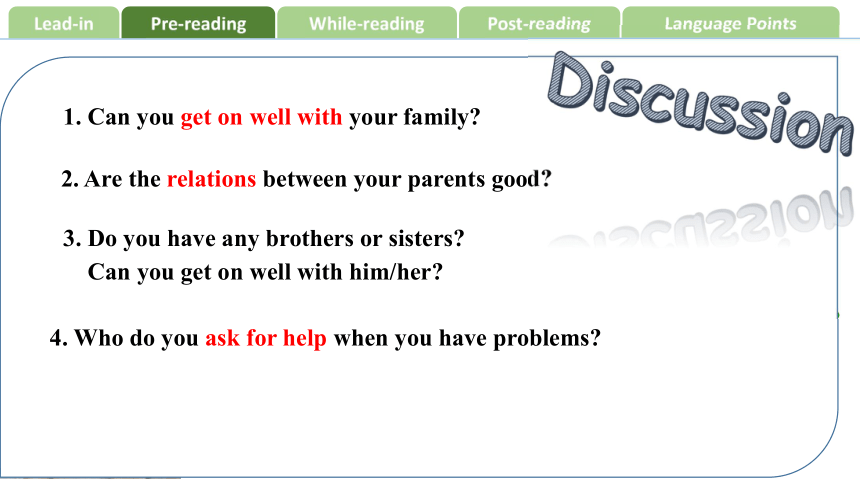### What Happens to Parent PLUS Loans When the Parent Dies? Understanding the Implications and Options
Guide or Summary:Loan Forgiveness Upon DeathDocumentation RequiredImpact on the StudentAlternative Options for Surviving Family MembersWhen a parent who has……
Guide or Summary:
- Loan Forgiveness Upon Death
- Documentation Required
- Impact on the Student
- Alternative Options for Surviving Family Members
When a parent who has taken out Parent PLUS loans passes away, it raises important questions about the future of those loans. Specifically, **what happens to Parent PLUS loans when the parent dies?** This situation can be complex, and understanding the implications is crucial for both the surviving family members and the student who benefited from the loans.
Loan Forgiveness Upon Death
The first and most important point to note is that Parent PLUS loans are typically discharged upon the death of the borrower. This means that if the parent who took out the loan dies, the loan obligation is generally wiped out. The U.S. Department of Education provides clear guidelines stating that in the event of the borrower's death, the loans will not need to be repaid. This is a significant relief for surviving family members, as it prevents them from being burdened with debt that was originally incurred to support the education of the student.

Documentation Required
However, to initiate the discharge process, specific documentation must be provided. The lender or loan servicer will require a death certificate to verify the death of the borrower. It's essential for the surviving family members to gather this documentation as soon as possible to expedite the process. Once the death certificate is submitted, the loan servicer will review the information and confirm the discharge of the loan.
Impact on the Student
Another crucial aspect to consider is the impact of this situation on the student who was the beneficiary of the Parent PLUS loans. When the loans are discharged due to the death of the parent, the student is not held responsible for repaying the loans. This can relieve a significant financial burden, allowing the student to focus on their education without the stress of looming debt. However, it is essential for the student to communicate with the school’s financial aid office to understand how this change might affect their financial aid package or future borrowing needs.

Alternative Options for Surviving Family Members
In some cases, surviving family members may have questions about what to do next. If the student has already graduated or is nearing graduation, they may be considering their own financial options. In this scenario, the student might explore federal student loans or private loans in their name if further funding is needed for their education. It’s crucial for them to understand the terms and conditions of these loans, as they will be responsible for repayment.
In summary, **what happens to Parent PLUS loans when the parent dies** is a critical issue that can significantly impact both the surviving family members and the student. The loans are typically discharged, relieving the family of the debt obligation. However, it is vital to provide the necessary documentation to the loan servicer to initiate this process. Understanding these implications can help families navigate the financial landscape following the loss of a parent, ensuring that the focus remains on education and future opportunities rather than financial stress.

By being informed about these processes, families can make educated decisions and take the necessary steps to secure a stable financial future in the wake of such a challenging life event.